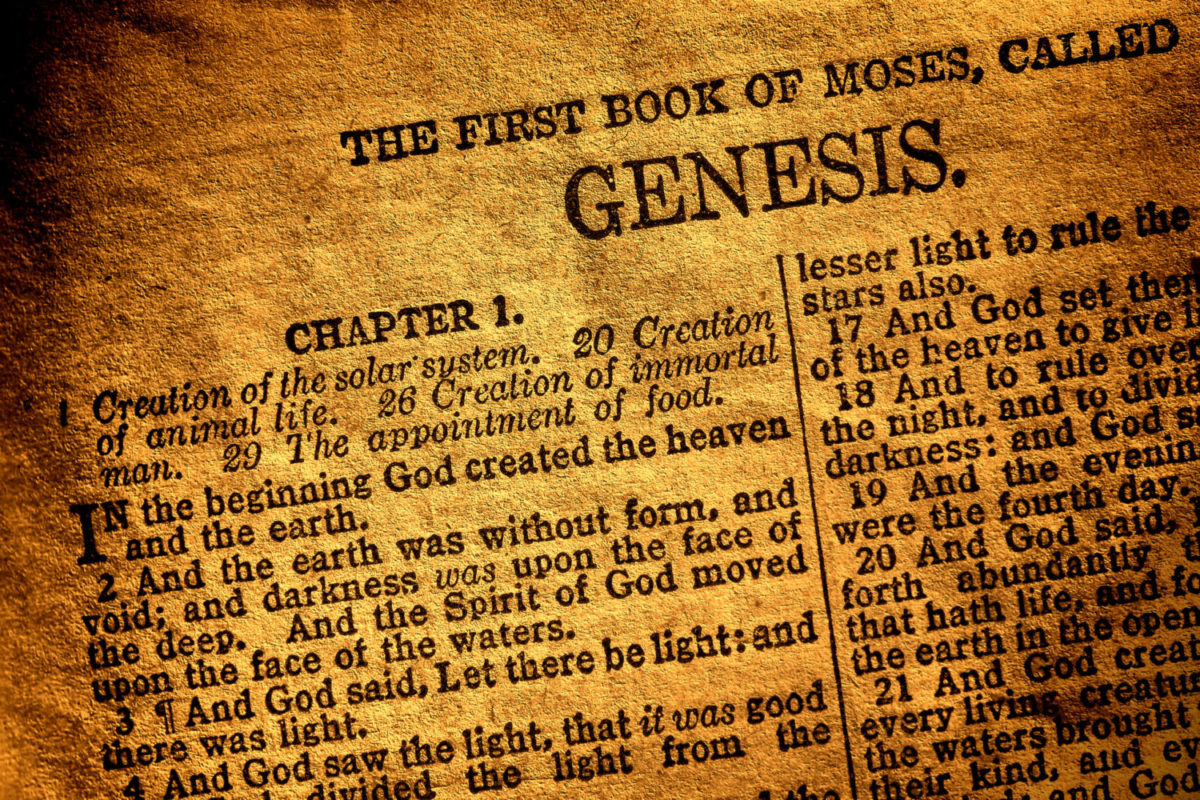January 13, 2022
Why did God send Jesus?
Written By Grace Theological Seminary
Tagged With Master of Divinity Dr. Matt Harmon

Why did God send Jesus, his one and only Son to live as a man?
Have you ever asked yourself this question? When we truly begin to grasp the magnitude of our sin against God, it is natural to wonder what could possibly motivate God to send his Son Jesus. That sense of wonder only grows as we understand that Jesus lived the life of perfect obedience that we should have lived, died to pay the penalty for our sins, and rose from the dead to conquer sin, death, and the devil. And as if that weren’t enough, he adopted us into his family and sent his Spirit to dwell inside of us!
So why did God send Jesus? The Bible is clear that it wasn’t because of anything lovely in us. In Romans 5:6-8 Paul writes “For while we were still weak, at the right time Christ died for the ungodly. For one will scarcely die for a righteous person—though perhaps for a good person one would dare even to die— but God shows his love for us in that while we were still sinners, Christ died for us.” So part of what makes God’s love for us so stunning is that it is directed towards us when we were sinners rebelling against his rule.
Along similar lines, God made it clear that his choice of Israel was not based on them being any better than the nations around them: “It was not because you were more in number than any other people that the Lord set his love on you and chose you, for you were the fewest of all peoples, but it is because the Lord loves you and is keeping the oath that he swore to your fathers” (Deut 7:7-8). In other words, God loves his people because he loves them and chose to make a covenant with them. Likewise, God’s love for us is because of His loving nature and not anything we have done to deserve it.
This is the closest to a direct answer the Bible gives to the question, “Why did God send Jesus?” But we can also make some inferences from other biblical truths. Because God’s number one priority is to display his glory, he created human beings in his image to reflect that glory (Gen 1:26-31). But because of our sin, we have fallen short of reflecting God’s glory as we should (Rom 3:23). Therefore God sent his son Jesus as “the image of the invisible God, the firstborn over all creation” (Col 1:15). Through his life of perfect obedience, his sacrificial death on the cross for our sins, and his resurrection from the dead, Jesus begins to restore the fullness of God’s image in us. Paul captures this idea well when he writes “For those whom he foreknew he also predestined to be conformed to the image of his Son, in order that he might be the firstborn among many brothers. And those whom he predestined he also called, and those whom he called he also justified, and those whom he justified he also glorified” (Rom 8:29-30).
So God’s love for us is at some level rooted in our identity as his image-bearers. By sending his son Jesus to die for our sins, God is working to restore the radiance of his own glory shining in and through us. The apostle John captures this reality well when he writes: “See what kind of love the Father has given to us, that we should be called children of God; and so we are. The reason why the world does not know us is that it did not know him. Beloved, we are God’s children now, and what we will be has not yet appeared; but we know that when he appears we shall be like him because we shall see him as he is. And everyone who thus hopes in him purifies himself as he is pure” (1 John 3:2-3).
Pastors are often called on to counsel people who are asking tough questions like, “Why did God send Jesus?” If you’re exploring ministry for the first time, or are looking to deepen your ability to minister to God’s people, the Master of Divinity in Pastoral Counseling is one of several programs to equip you for this important work.
Learn more about Grace Theological Seminary and explore your next steps towards a ministry that leads God’s people both to understand God’s love and share it with one another.
Matthew S. Harmon
Matthew S. Harmon (PhD, Wheaton College) is Professor of New Testament Studies at Grace College and Theological Seminary in Winona Lake, Indiana. He holds a degree in Telecommunications from Ohio University, a Master’s of Divinity from Trinity Evangelical Divinity School, and a Ph.D. from Wheaton College. He is the author of numerous books, including commentaries on Galatians, Philippians, 2 Peter, and Jude, and several books on biblical theology. His areas of specialty include hermeneutics and how the biblical authors use Scripture. Before becoming a professor, he served on staff with CRU for eight years. Matt also serves as a Fellow with the Carson Center for Theological Renewal. He is the cohost of two podcasts: The Various and Sundry Podcast with John Sloat and The Biblical Theology Briefing with Ben Gladd. You can see more at www.docharmon.org
Share
Tagged With Master of Divinity Dr. Matt Harmon



